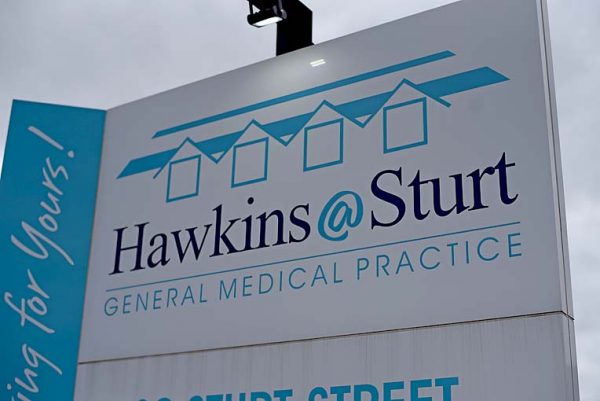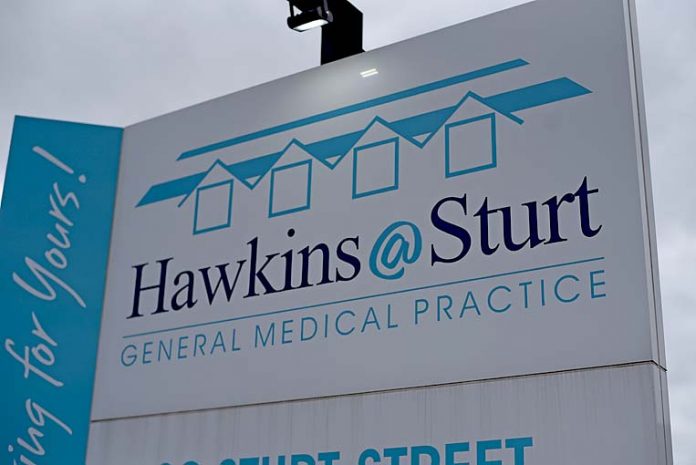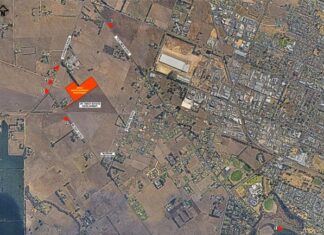
A STATE general practitioner training organisation claims it is “aware” Mount Gambier needs more registrars and general practitioners given extended wait times for appointments.
Training provider GPEx has revealed there has been a decline in applicants undertaking GP training and this was being felt hardest in regional areas.
The comments come amid a shortfall in the number of GPs and registrars in Mount Gambier, which is resulting in some patients waiting weeks for appointments.
GPEx chief executive officer Christine Cook said more medical graduates specialising in general practice were needed.
“From our ongoing discussions with our training practices, GPEx is aware that Mount Gambier requires more registrars and GPs,” Ms Cook said.
“Increasing registrar numbers in Mount Gambier will require greater numbers of medical graduates to choose general practice as their speciality and apply to train in South Australia.
“GPEx continues to work collaboratively with state and federal governments, GP colleges, universities, local health networks and local communities to provide exposure to and promote rural general practice as the career of choice to medical students and prevocational doctors.
GPEx has 14 GP registrars undertaking training in Mount Gambier at four accredited clinics as well as the Mount Gambier Hospital.
These include five GP registrars at Hawkins Medical Clinic, three at Ferrers Medical Clinic, three at Dr Try Medical Clinic, two at Pangula Mannamurna Aboriginal Corporation and one registrar completing advanced anaesthetic training at the Mount Gambier Hospital.
The training provider also has three registrars based in Millicent, two in Naracoorte and one in Beachport.
Of these 20 registrars, 18 are training on the rural pathway, one is training on the rural generalist pathway with the Royal Australian College of General Practitioners and one is training on the rural generalist pathway with the Australian College of Rural and Remote Medicine.
“All of these registrars are supported by the South East’s experienced GP supervisors and practice staff who invest significant time and effort in their training,” Ms Cook said.
“GPEx’s South East medical educator Dr Dani Woods – who is a GP based at Hawkins Medical Clinic – provides the education, support and mentoring for the GP registrars,” Ms Cook said.
During its rural GP rotation, GPEx provides the education, mentoring and support program for the interns.
“Joining up the training pathway is critical; connecting the pre-vocational space and vocational training to facilitate the end to end management of the training and career advice,” Ms Cook said.
The longer registrars train on the AGPT rural pathway, the more likely they are to practice in a rural setting.
“GPEx is committed to retention strategies that will encourage registrars to stay on in regional areas like Mount Gambier after they complete their training,” Ms Cook said.
“Our graduates state the most important factor impacting on their choice of where to practice is the practice culture and team. GPEx invests in a number of programs to support the growth and sustainability of GP practices to build their capacity to take registrars and create workplaces where registrars want to stay.”
GPEx is South Australia’s regional organisation for education and training of doctors who choose to specialise in general practice.
It delivers the Australian General Practice Training program, which is funded by the Australian Government’s Department of Health.








